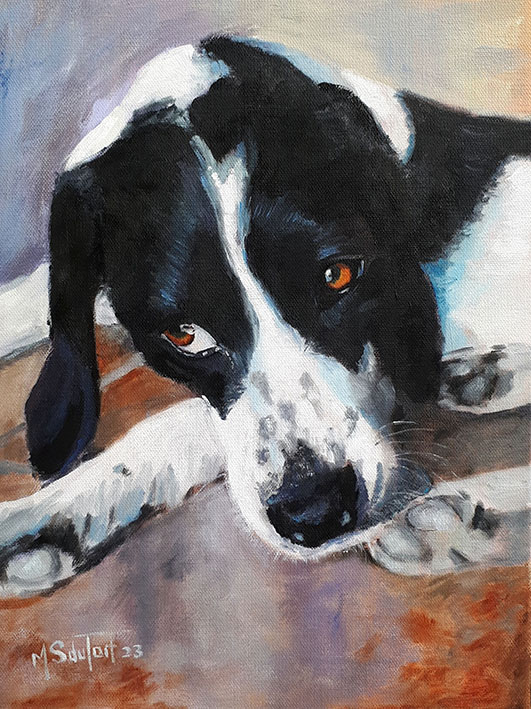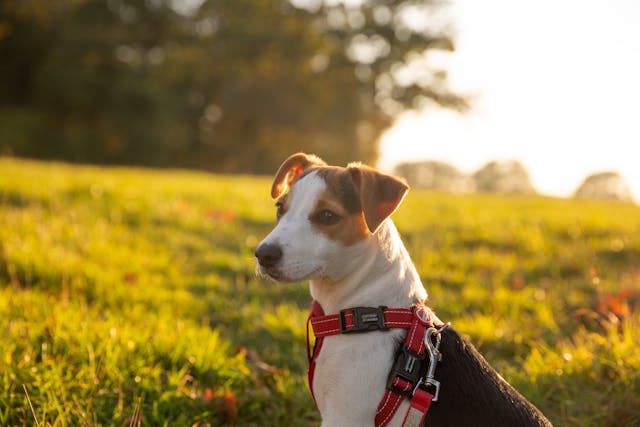Training a dog is one of the most rewarding experiences for any pet owner, but some breeds present unique challenges that can test even the most patient trainers. Whether it’s due to stubbornness, independence, or high energy levels, certain breeds require specialized training techniques to reach their full potential. In this article, we’ll explore seven dog breeds known for their training difficulties, providing insights into why they may be challenging and how best to approach their training. Here is a list of the 7 dog breeds that are the most difficult to train and tips on how to be successful.
1. Afghan Hound
The Independent Spirit
Afghan Hounds are renowned for their striking appearance and aloof demeanor. While they are beautiful dogs, their independent nature makes them notoriously difficult to train. They were bred for hunting and often prefer to follow their instincts rather than obey commands. This can lead to frustrating training sessions for owners.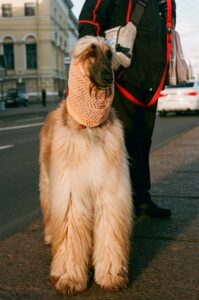
Training Tips
To train an Afghan Hound effectively, it’s essential to adopt a gentle and patient approach. Using positive reinforcement techniques, such as clicker training with treats and praise, can help motivate them. Consistency is key, as these dogs may take longer to grasp commands than others.
2. Basenji
The Barkless Wonder
Known as the “barkless dog,” the Basenji is a breed that can be quite challenging to train due to its strong-willed and independent nature. Originally bred for hunting in Africa, Basenjis have a mind of their own and often exhibit stubbornness, making them resistant to commands.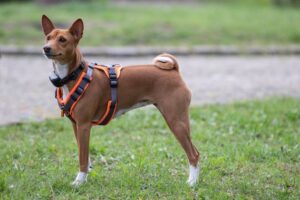
Training Tips
To train a Basenji, it’s important to make training sessions engaging and varied. Short, fun training sessions are more effective than lengthy ones, as these dogs can easily lose interest. Incorporating play and mental stimulation can also enhance their responsiveness.
3. Bulldog
The Stubborn Companion
Bulldogs are beloved for their charming personalities and laid-back demeanor, but their stubbornness can make training a challenge. They are known for their strong will and can be resistant to commands if they don’t see the value in them.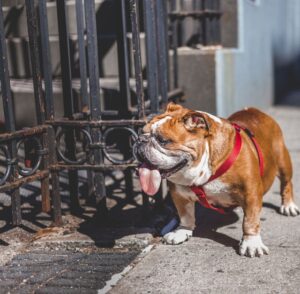
Training Tips
To train a Bulldog successfully, owners should use a combination of positive reinforcement and patience. It’s crucial to establish leadership without being harsh, as Bulldogs respond better to gentle guidance. Finding rewards that truly motivate them—whether it’s food, toys, or affection—can greatly enhance training efforts.
4. Chow Chow
The Independent Thinker
Chow Chows are known for their lion-like appearance and unique personality. While they can be loyal and affectionate, they are also incredibly independent and can be quite aloof. This breed often exhibits a lack of interest in obedience training, which can lead to challenges for owners.
Training Tips
Training a Chow Chow requires a calm and assertive approach. Establishing boundaries and consistency is crucial. Using high-value treats can help capture their interest, but patience is key, as Chow Chows often require more time to learn commands than other breeds.
5. Jack Russell Terrier
The Energetic Dynamo
Jack Russell Terriers are known for their boundless energy and intelligence. However, this high energy level can also lead to training challenges. Their tenacious nature means they may become easily distracted, making it hard to maintain focus during training sessions.
Training Tips
To train a Jack Russell effectively, owners should incorporate plenty of physical and mental exercises into their routine. Using agility training, interactive toys, and varied training methods can help keep their interest piqued. Regular socialization is also essential to help them learn proper behavior around other dogs and people.
6. Borzoi
The Elegant Escape Artist
Borzoi, or Russian Wolfhounds, are elegant and graceful dogs that were bred for hunting. Their independent nature and strong prey drive can make them challenging to train, especially if they sense a small animal nearby. Their tendency to wander off and explore can lead to problematic behaviors if not properly managed.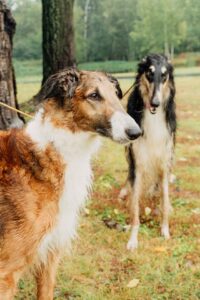
Training Tips
Training a Borzoi requires a combination of consistent leadership and positive reinforcement. Providing them with plenty of exercise and mental stimulation can help channel their energy positively. Training sessions should be kept short and fun, allowing the Borzoi to remain engaged and responsive.
7. Siberian Husky
The Free-Spirited Adventurer
Siberian Huskies are known for their striking looks and spirited personalities. While they are friendly and social dogs, their high energy levels and strong-willed nature can make training a challenge. Huskies have a reputation for being escape artists, which can complicate training efforts.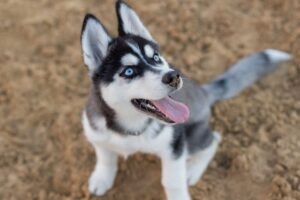
Training Tips
Training a Siberian Husky requires a firm but loving approach. Consistency is vital, and using positive reinforcement methods can yield the best results. Engaging them in activities like running or sledding can help burn off excess energy and improve focus during training sessions.
Conclusion: Patience and Persistence
Training a dog can be one of the most fulfilling experiences, but it’s essential to recognize that some breeds may require more time and patience than others. Understanding the unique traits of these seven challenging breeds can help prospective dog owners prepare for the journey ahead. By employing the right training techniques and maintaining a positive, patient attitude, you can foster a strong bond with your dog while guiding them toward becoming well-behaved companions. Remember, every dog is unique, and the key to successful training lies in adapting your approach to meet their specific needs.

